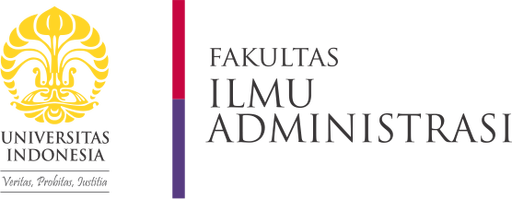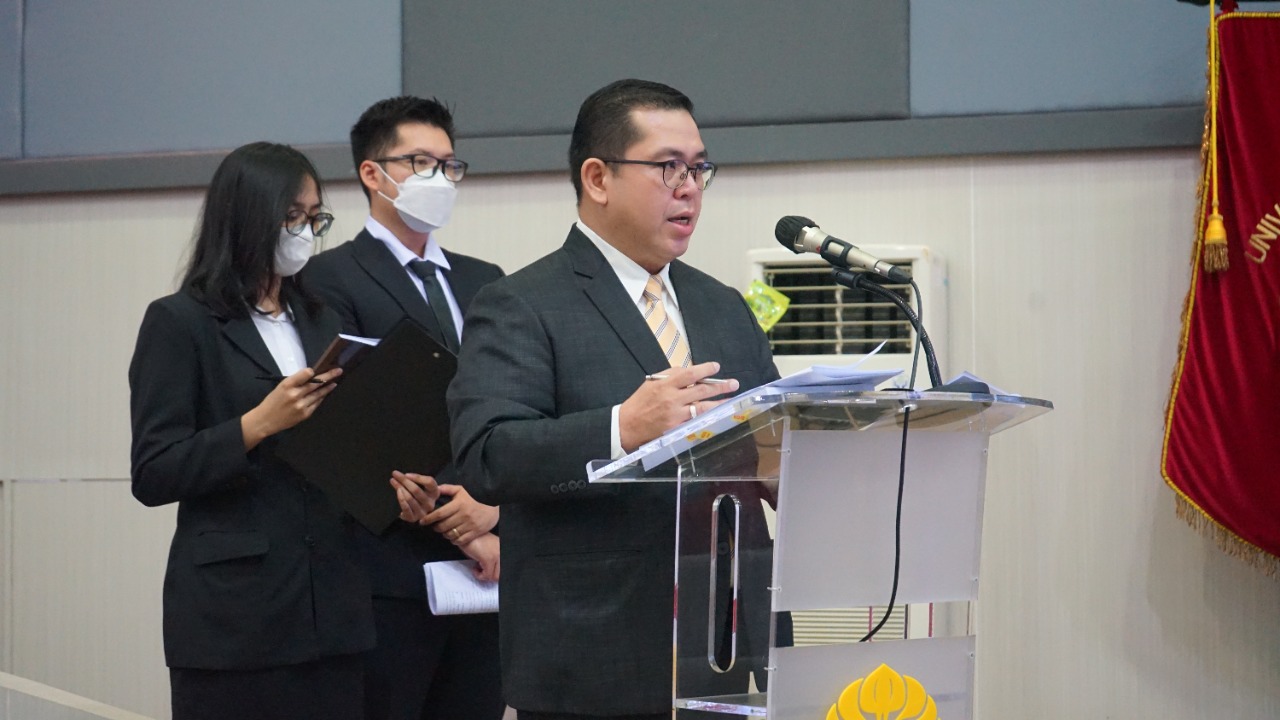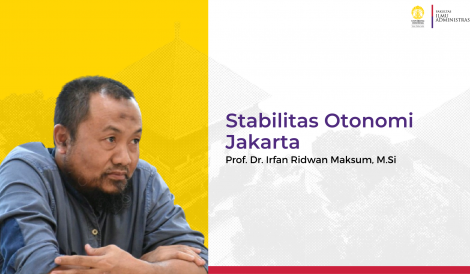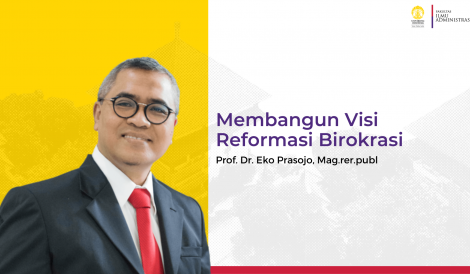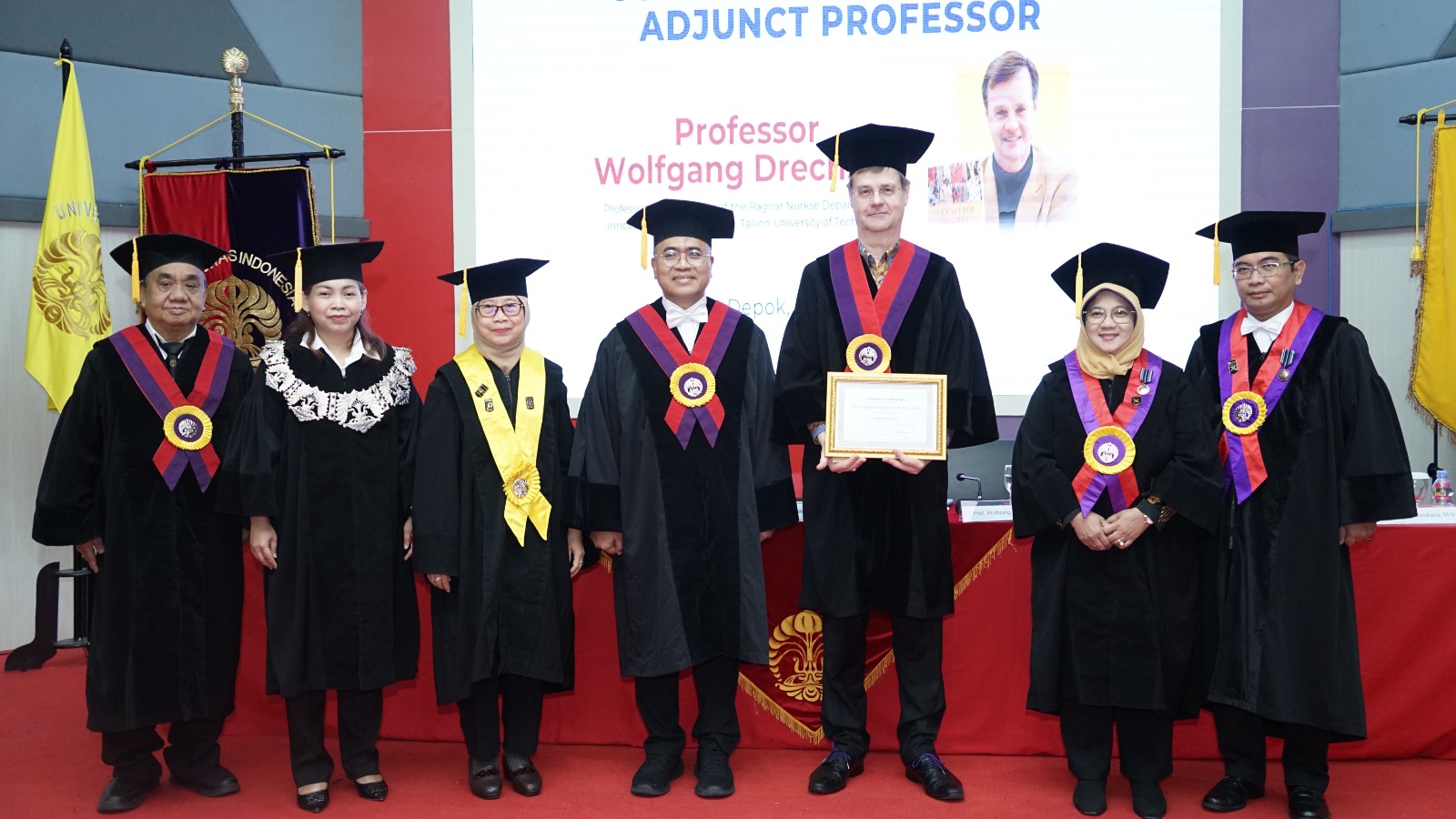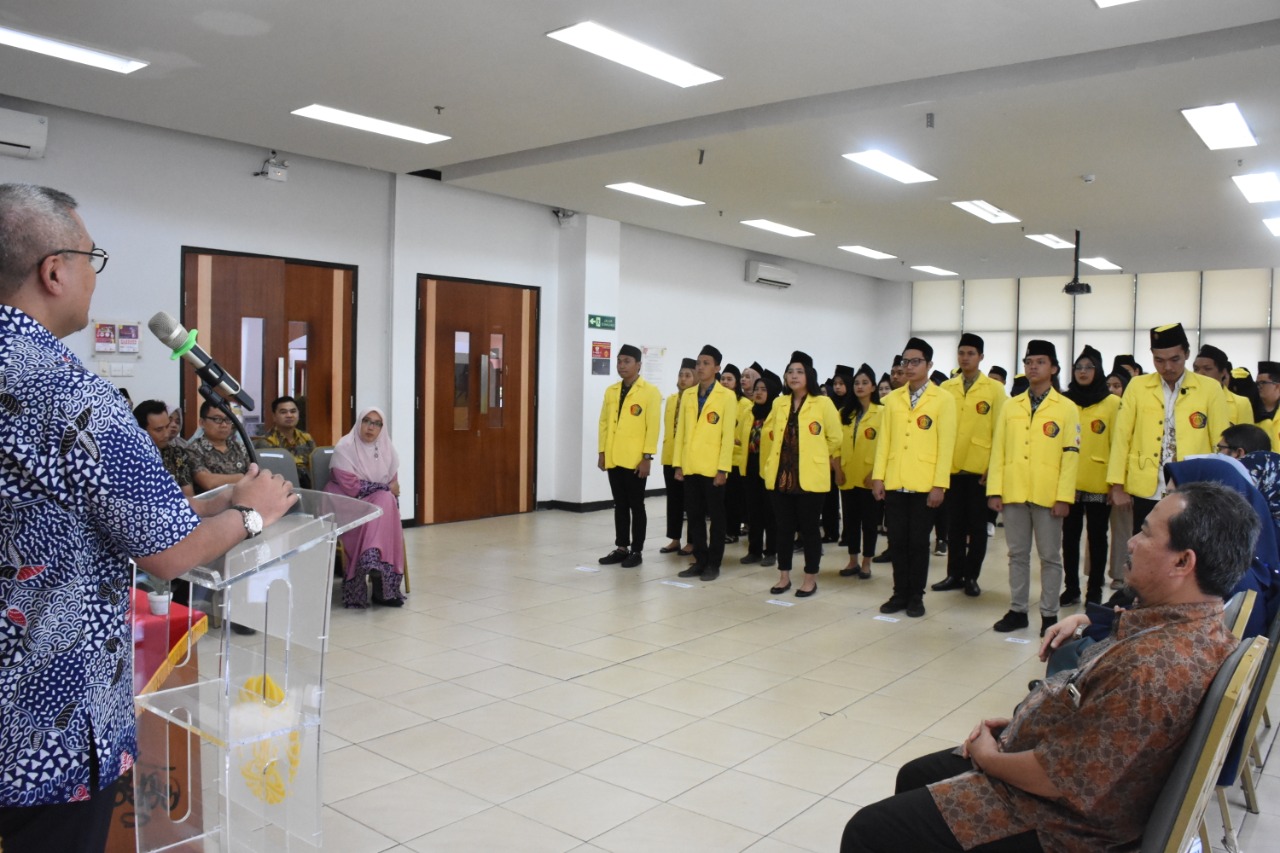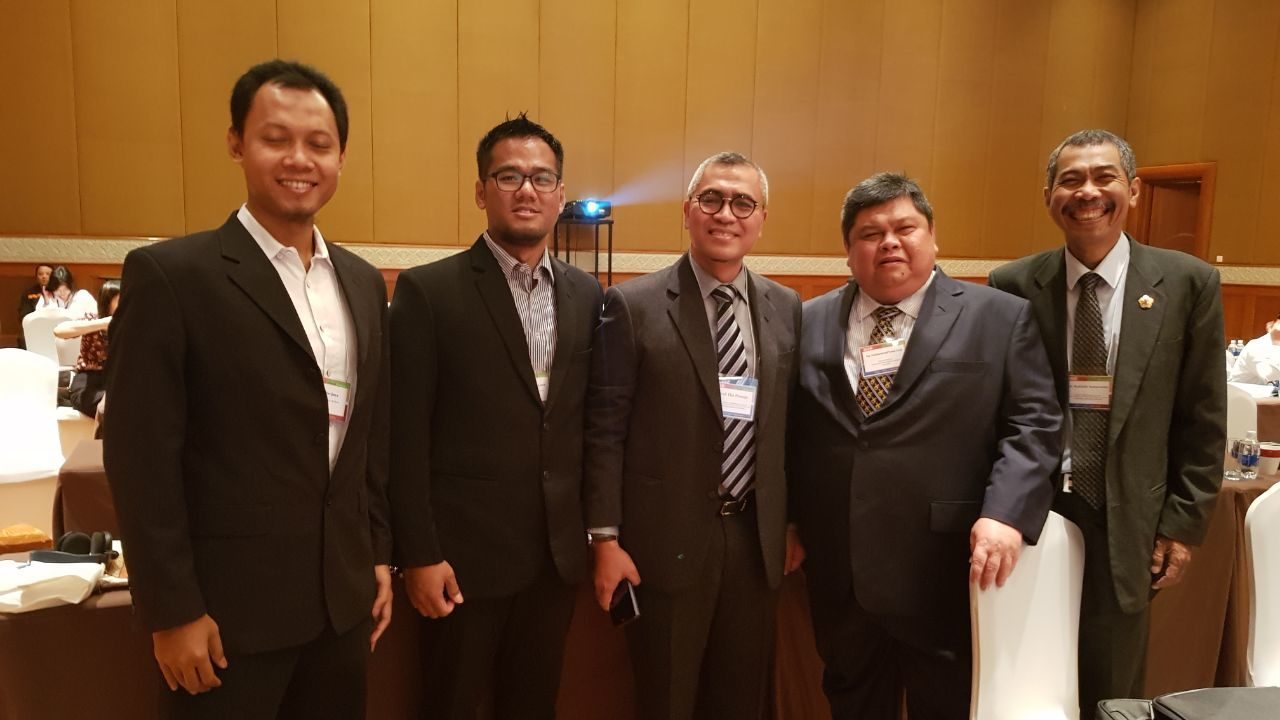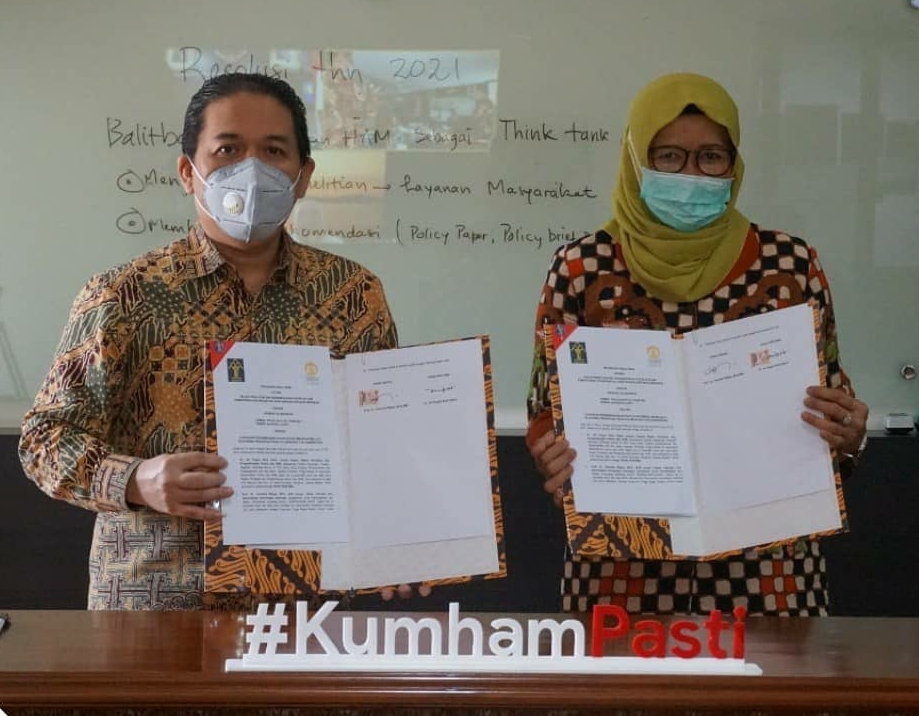The development of industrial digitization has influenced the development of new transaction models in the current trading system, which is currently known through the Electronic System or abbreviated as PMSE.
The statement was part of the opening of the Doctoral Promotion event which was held at the Auditorium Edition of the Faculty of Administrative Sciences, University of Indonesia (FIA UI) in a hybrid (online and offline), Wednesday afternoon (22/6/2022). Hendri is the 13th Doctoral graduate from the Doctoral Program in Administrative Sciences at FIA UI.
In addition, Hendri also explained that the issue of international taxation is a major issue in cross-border digital transactions. The Organization for Cooperation and Development or known as the OECD has made this problem a global problem that must be solved together.
“However, the tax authorities have difficulty in regulating taxation rights on cross-border digital transactions that do not recognize these jurisdictional and territorial boundaries. The concept of taxation which requires a physical presence as a condition for the formation of a Permanent Establishment (BUT) as regulated in many tax treaty is the main problem in this digital transaction model,” he said.
Furthermore, Hendri explained that the complexity in tax regulations such as the issue of tax rates, the application of unclear rules are other challenges that must be faced in this cross-border digital transaction. In line with this, Hendri cited Harbolt’s opinion in 2019 that cross-border digital transactions raise the potential for tax avoidance. This condition makes it difficult to identify the nexus or tax connecting factor and the tax jurisdiction of the source country and income attribution in the absence of economic activity. Digitalization of trade has reduced the capacity of tax authorities to tax transactions and virtual market revenues because the development of regulations has not been able to answer various problems.
“The results of the study show that most of the existing tax treaties in Indonesia still rely on the concept of physical presence as a condition for the formation of BUT. The effectiveness of the implementation of the existing Multilateral Instruments is also very dependent on the agreement of the countries involved in the agreement. Regulations related to significant economic presence are the Perppu 1 of 2020 has not yet been fully implemented,” he said.
Hendri then explained that there are three forms of tax avoidance schemes carried out by business actors. First, the BUT avoidance scheme by avoiding physical presence in Indonesia, fragmenting business activities, and carrying out preparatory and auxiliary functions, this avoidance scheme is carried out because it takes advantage of regulatory loopholes in the existing tax treaty.
“Second, by utilizing payment schemes through foreign media or platforms; this is due to weak supervision in the payment gateway system. Third, tax avoidance by practicing transfer pricing through a cost contribution agreement scheme related to the transfer of intangible assets in countries with low tax rates. to then be licensed to entities in other countries,” he said.
Acting as chairman of the session at this event the Dean of FIA UI Prof. Dr. Chandra Wijaya, M.Sc., MM., Dr. Ning Rahayu, M.Si as the promoter, Dr. Milla Sepliana Setyowati, M.Ak. as the co-promoter, as well as the examiners who attended directly including Dr. Machfud Sidik, M.Sc., Dr. Prianto Budi S, Ak., CA., MBA., and the examiners who were present online, namely Prof. Dr. Haula Rosdiana, M.Sc., Prof. Gunadi, and Dr. Roy Valiant Solomon, M.Soc.,sc.,
